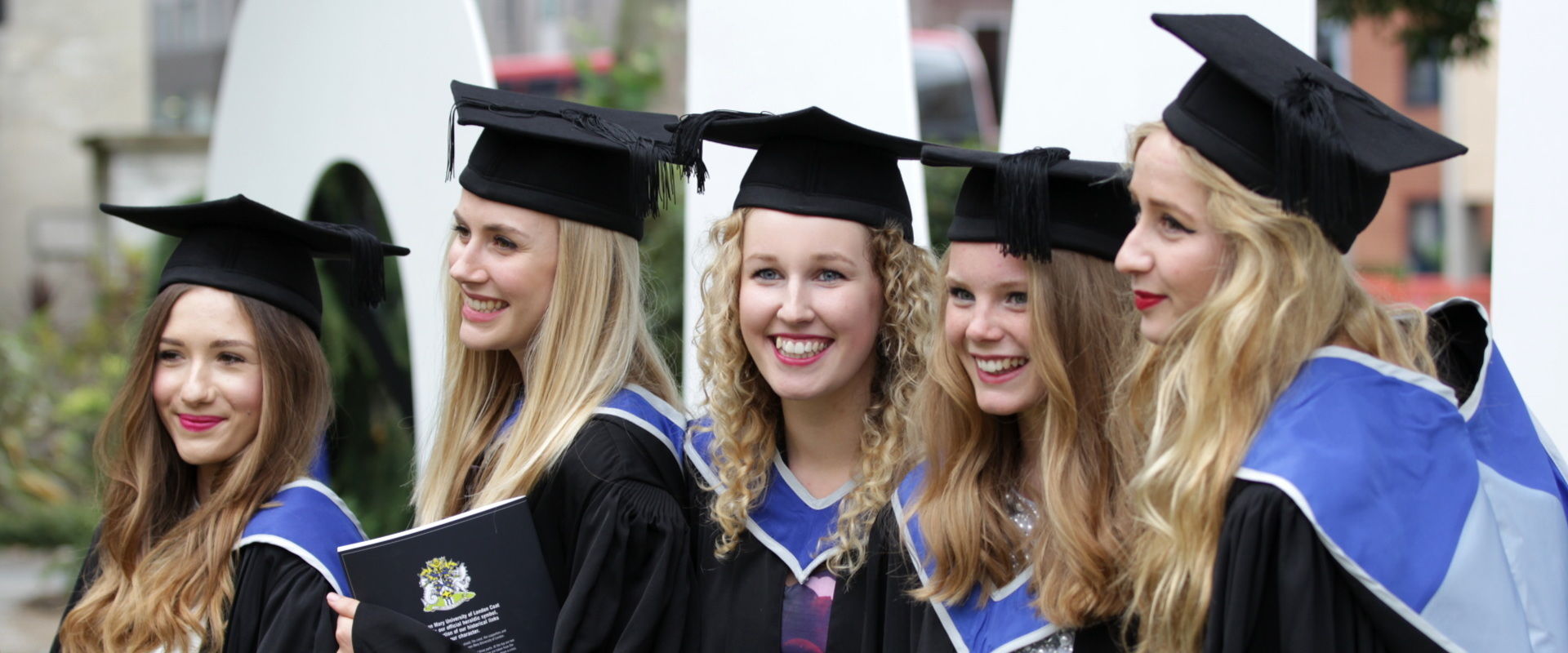MSc Biomaterials
Queen Mary has led the field in biomaterials teaching and research for over 20 years. Biomaterials save lives, relieve suffering and improve the quality of life for a large number of patients each year. As a field, biomaterials combines engineering expertise with medical needs for the enhancement of healthcare. This degree is aimed at people with conventional materials expertise who wish to facilitate their development into the biomaterials field. The programme is designed to provide a good level of understanding and appreciation of the principles and applications of biomaterials and medical devices.
This programme will provide you with an advanced understanding of the principles and applications of biomaterials and their functional properties. You will learn about the function and application of biomaterials, their characteristics and their surface, physical and mechanical properties. You will study materials- and medicine-based modules, as well as those written specifically for the programme. You will also undertake a significant research project linked to the research interests of our academic staff.
Biomedical Material Sciences involves tailor making of materials for medical applications. Examples of these applications include artificial skin, vascular and cardiovascular implants and devices, bone graft substitutes, new prosthetic devices, dental materials, biosensors, controlled drug delivery etc. The course will provide an insight into areas of material science, biocompatibility, ethical issues, nanomaterials, and biological systems. The course is interdisciplinary in nature and involves a combination of theoretical and practical approaches.
This programme will:
- Facilitate your development in the biomaterials field, broadening and enhancing your knowledge of conventional materials, engineering or medically related knowledge.
- Give you access to our excellent laboratory facilities, which include: a cell and tissue engineering suite, housing cell culture labs, a molecular biology unit with quantitative RT-PCR capability, and a radioisotope labelling facility; a general purpose laboratory, which incorporates advanced mechanical test machines and standard biochemical/cell biology analysis equipment; and a microscopy unit.
- Build on your existing knowledge to gain an advanced, yet broad knowledge with the freedom to specialise through a research project.
Intakes
- Sep
Application Processing Time in Days: 30
Application Process
Minimum English Language Requirements
| English Level Description | IELTS (1.0 -9.0) | TOEFL IBT (0-120) | TOEFL CBT (0-300) | PTE (10-90) | |
|---|---|---|---|---|---|
| Expert | 9 | 120 | 297-300 | 86-90 | |
| Very Good | 8.5 | 115-119 | 280-293 | 83-86 | |
| Very Good | 8 | 110-114 | 270-280 | 79-83 | |
| Good | 7.5 | 102-109 | 253-267 | 73-79 | |
| Good | 7 | 94-101 | 240-253 | 65-73 | |
| Competent | 6.5 | 79-93 | 213-233 | 58-65 | |
| Competent | 6 | 60-78 | 170-210 | 50-58 | |
| Modest | 5.5 | 46-59 | 133-210 | 43-50 | |
| Modest | 5 | 35-45 | 107-133 | 36-43 | |
| Limited | 4 | 32-34 | 97-103 | 30-36 | |
| Extremely Limited | < 4 | < 31 | < 93 | < 30 |
Job Opportunity Potential
Careers support
The services we offer to support your career development include:
- one-to-one appointments to help you with your career direction, give feedback on job applications, offer insight into the job market and prepare you for interviews
- workshops to support your career development and job hunting
- employer events attracting recruiters and alumni from a rich range of sectors
- support for finding internships and parttime jobs
- specialist careers consultants to support PhD students through appointments, events and workshops.
Support for international students
- We offer a programme of support for international students throughout the year, which involves talks on how to find graduate work in the UK and an International Students Week featuring external speakers.
- Students can search for jobs across the world with our international jobs database, as well as browse our guides on getting work in particular markets.
- All students have access to a rich programme of employer events and career development workshops, running across the University year.
Support after graduation
Our careers support continues after you leave Queen Mary.
- All graduates have access to our Careers and Enterprise services for two years after graduation.
- You can have -
free one-to-one appointments in person, over the phone or via Skype
Attend our employer events
use our online psychometric testing and mock-interview software
access our jobs board – over 3,000 employers uploaded vacancies in 2018/19.
Queen Mary graduates have gone on to work in these organisations:
• Accenture • Allen & Overy • Arup • AstraZeneca • Baker McKenzie • Barts Health NHS Trust • European Central Bank • Fintech Innovation Lab • Google • HSBC • IBM • Institute of Cancer Research • Institute of Dentistry • J.P. Morgan • Jaguar Land Rover • Lloyds Banking Group • Natural History Museum • Penguin • PwC • Queen Mary • Save the Children • Shell • Stella McCartney • Thales • Thomson Reuters • World Economic Forum ...and many more!
Careers success
93% of our postgraduates are in work and/or study six months after graduation. 84% of those in work/study are in highly skilled work/study (most recent DLHE Survey of 16/17 leavers)*
Enterprise support
Many students and graduates across Queen Mary start or grow their own business or social venture each year. In 2018/19, Queen Mary gave out £45,000 in seed funding to help students start new, or grow existing businesse
PSW Opportunity
- 2 Years PSW is applicable after the course completing (Bachelors level or above).
Admission Requirement / Eligibility Criteria
Degree requirements
- A good 2:2 or above at undergraduate level in Materials, Engineering, Biochemistry or a related discipline.
India
We normally consider the following qualifications for entry to our postgraduate taught programmes: Bachelor Degree (minimum 3 years) from selected institutions.
- UK 1st class degree: 70% to 80%
- UK 2:1 degree: 60% to 70%
- UK 2:2 degree: 50% to 60%
Offer conditions will vary depending on the institution you are applying from. For some institutions/degrees we will ask for different grades to above, so this is only a guide.
- Course Type: Full Time
- Course Level: Masters/PG Degree
- Duration: 01 Year
-
Total Tuition Fee:
23950 GBP
Annual Cost of Living: 12006 GBP
Application Fee: N/A
Similar Programs
- Global Public Health MSc at Queen Mary University of London
- Biotechnology and Synthetic Biology MSc at Queen Mary University of London
- Data Science and Artificial Intelligence (Conversion Programme) MSc at Queen Mary University of London
- Water and Environmental Management MSc at Queen Mary University of London
- Theoretical Physics MSc at Queen Mary University of London
- M.Sc Trauma Sciences Online at Queen Mary University of London

